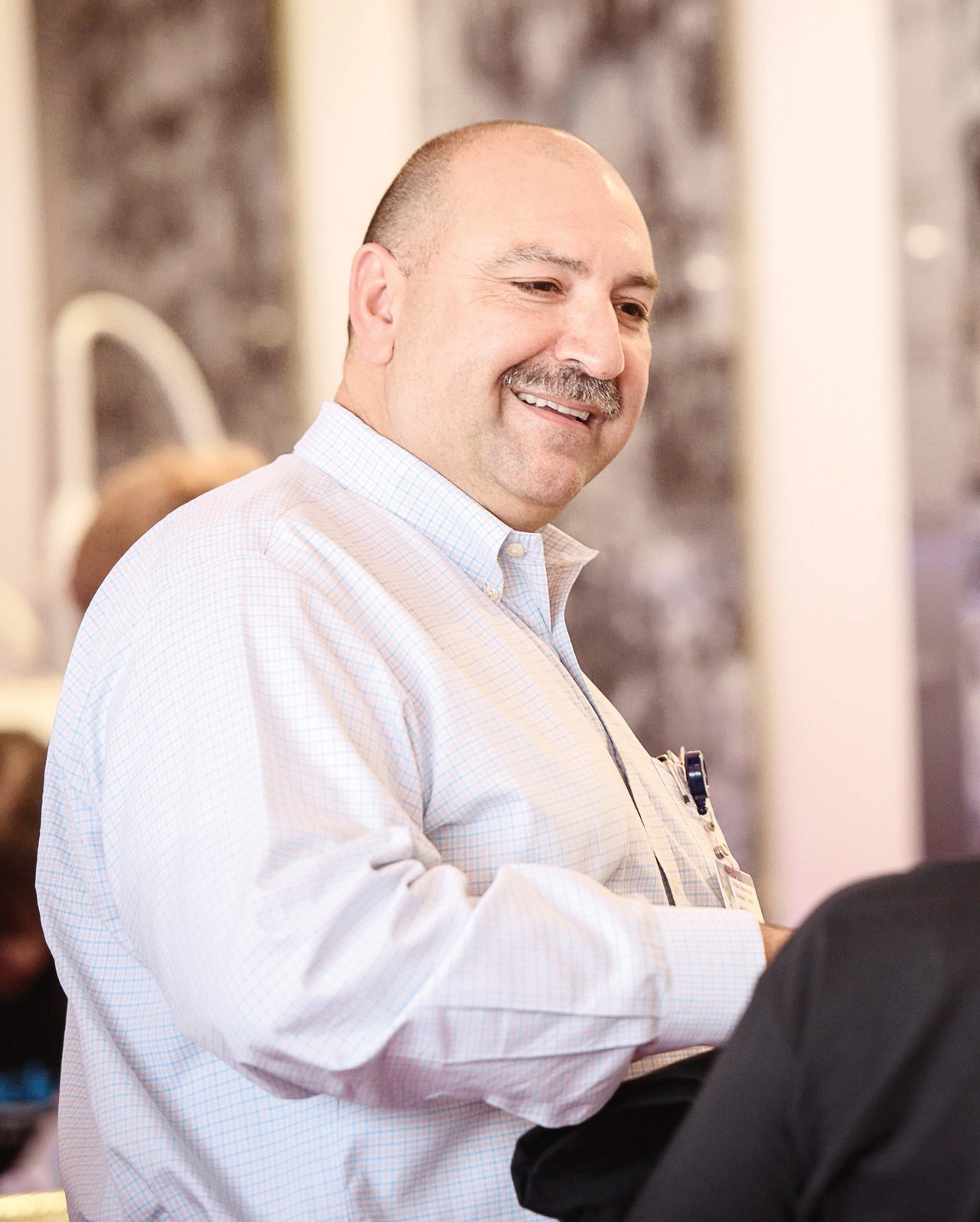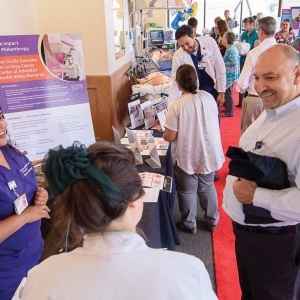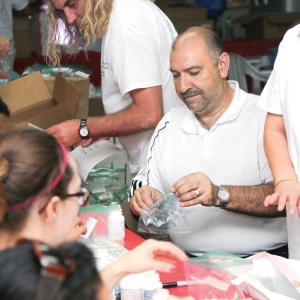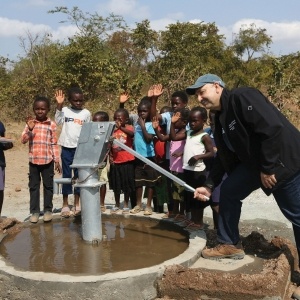When construction costs for a new Boyle Heights hospital climbed $46 million over budget in 2006, administrators brought in John Raffoul, DPA ’02, to save the project from a complete shutdown.
Raffoul, a longtime money man who worked his way up the ladder from accountant to vice president and chief financial officer at what is now Adventist Health White Memorial medical center, found himself outside the comfort zone of bottom lines and balance sheets. But he used skills from the Doctor of Public Administration degree he earned from the University of La Verne to reach an agreement that satisfied both sides.
“We had to go in there and negotiate a settlement,” Raffoul said. “It had to be a win-win settlement for everybody. I took into consideration the concerns of the builder and found common ground between the hospital and the builder’s point of view.”
Raffoul now leads the 2,000-employee hospital as president and teaches accounting and finance at the University of Southern California. His Leopard roots remain strong. He serves on both the President’s Advisory Council and the Health Advisory Council, and he was named one of the 125 Notable Leos for Life in 2017.
Raffoul came to the United States from Beirut in 1979, initially majoring in chemistry. In his senior year of undergraduate studies, he switched to business administration.
“I liked the interaction, the critical thinking, analytics, and solving problems more than anything else,” he said.
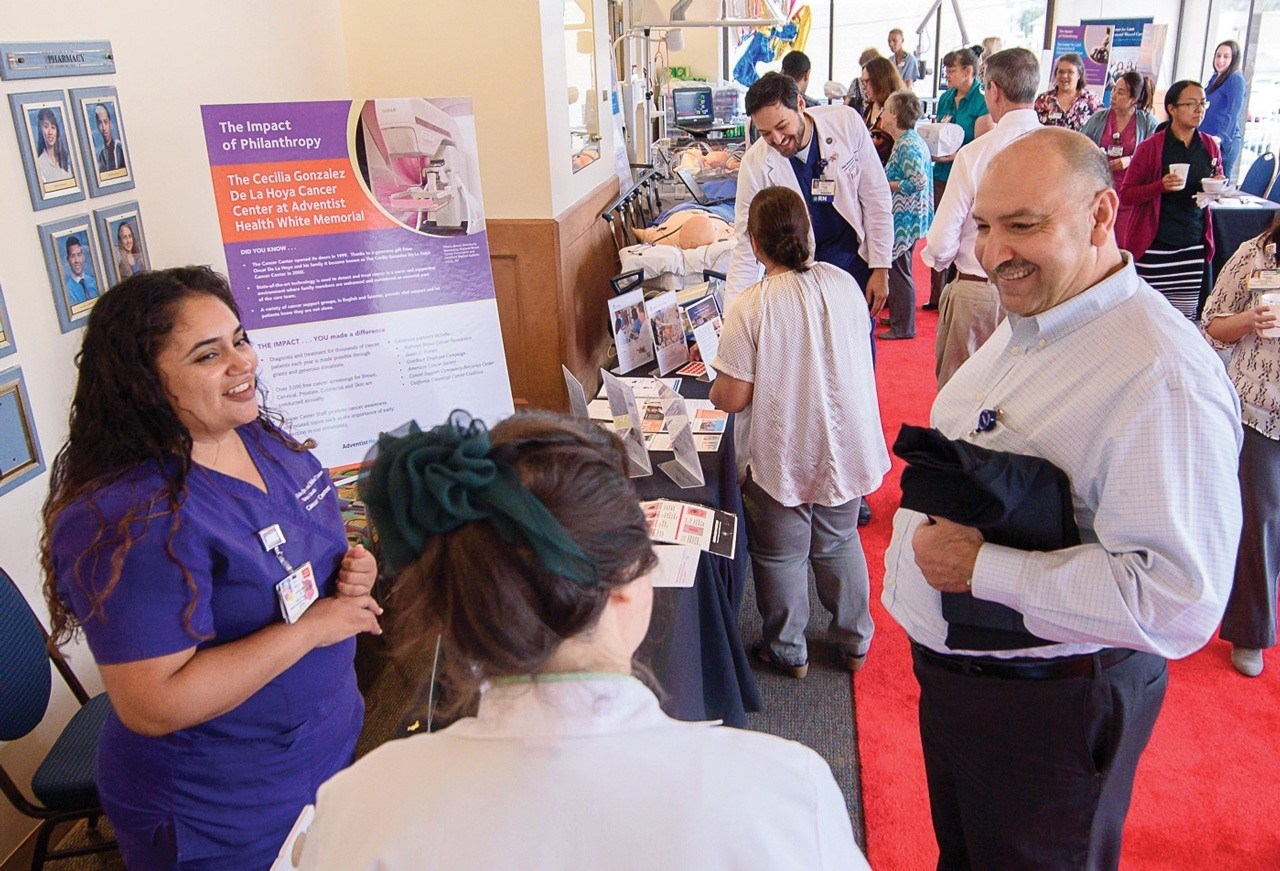
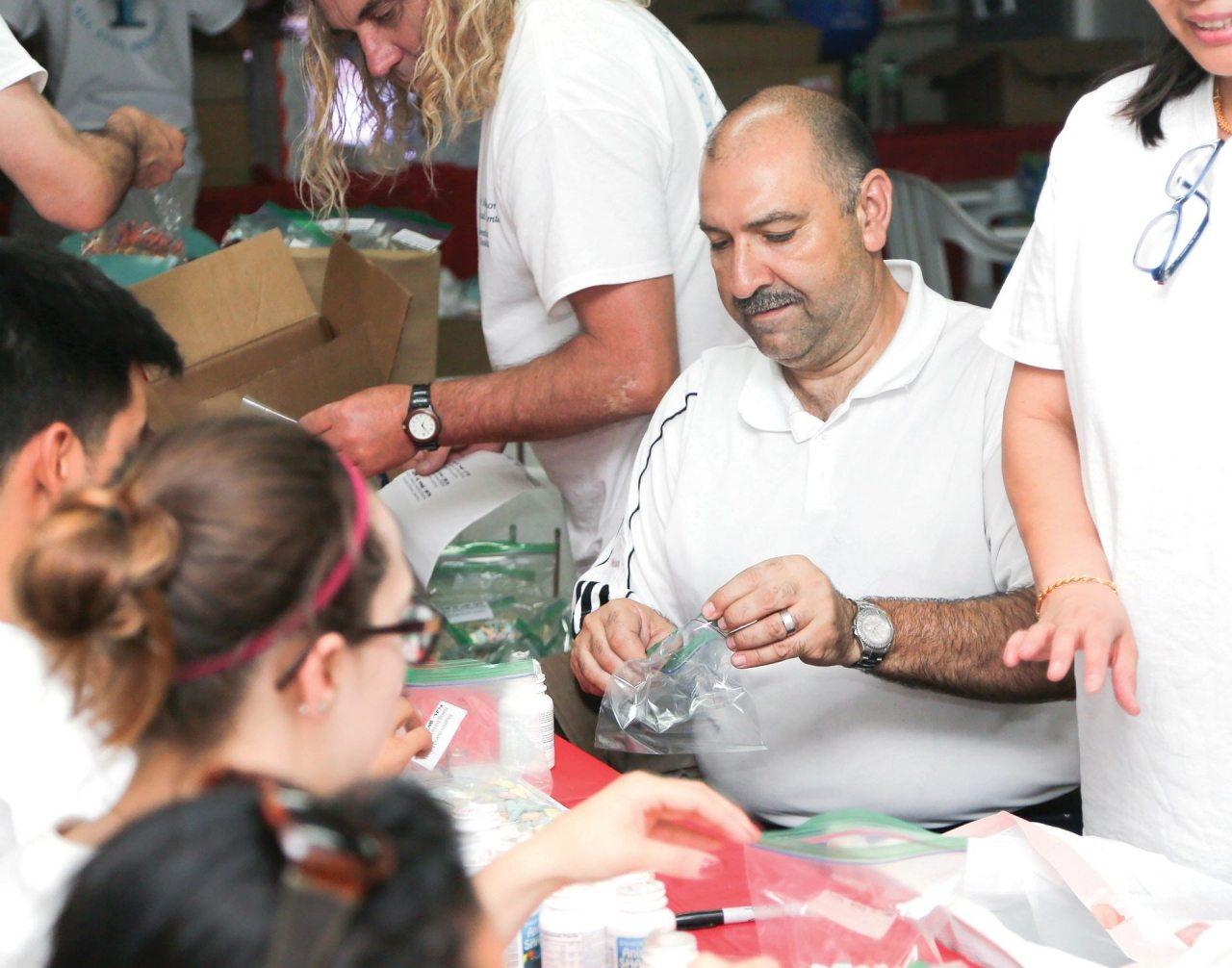
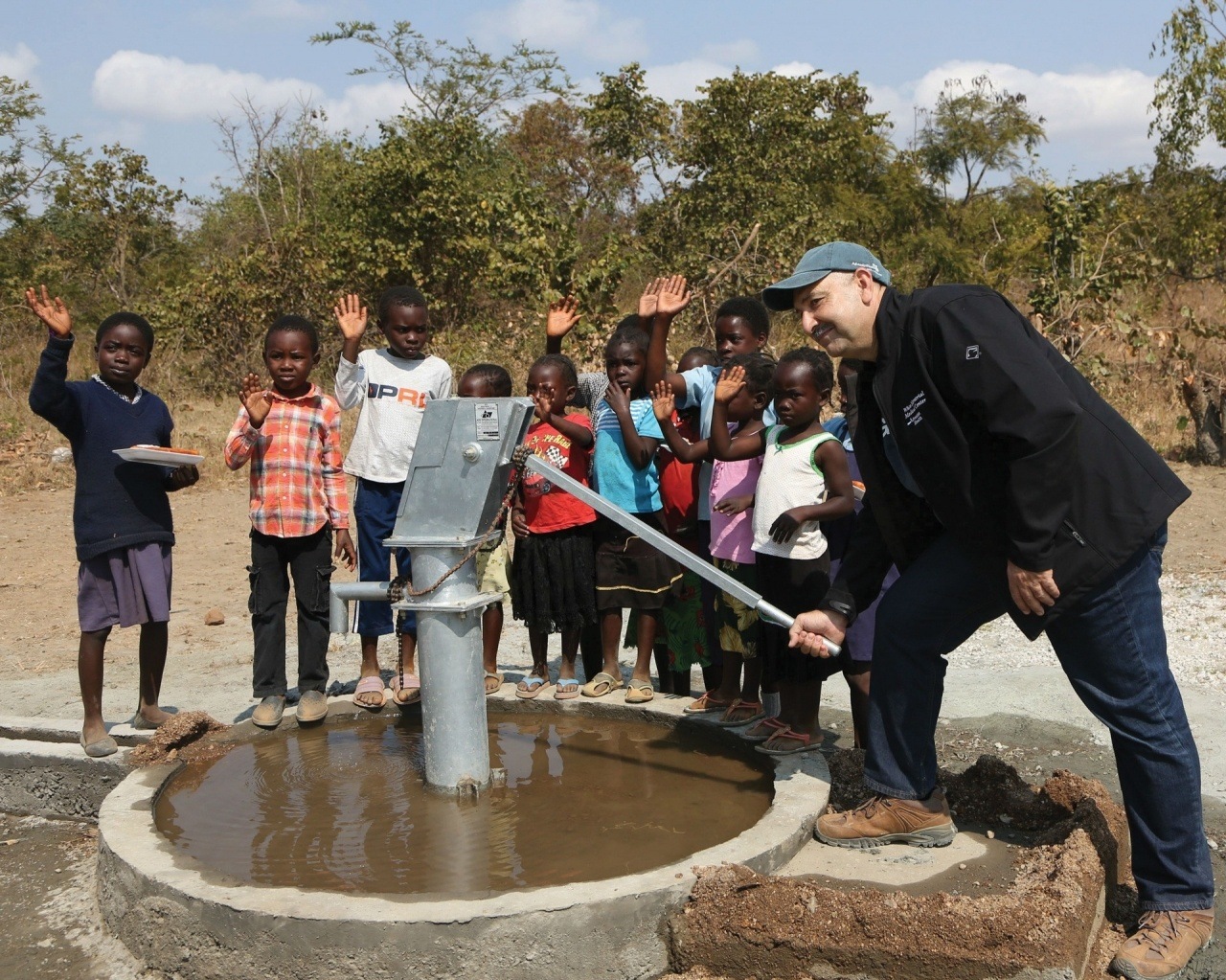
After completing his bachelor’s degree, he pursued a Master of Business Administration with a focus on finance. He cast a wide net with his résumé, covering a variety of industries including health care. The chief financial officer for Adventist Health — a system of 20 hospitals that includes White — gave Raffoul a call. He asked if he could share Raffoul’s résumé with the organization’s hospitals, a move that led Raffoul to his first job at White Memorial as an accountant.
That phone call never left his mind. It is a gesture Raffoul applies to his own work today, particularly as a college professor.
“I return the courtesy now. I will never refuse a call from a student,” he said.
Recommendations from friends led Raffoul to the University of La Verne to pursue a doctorate, something he felt would advance all aspects of his career. He took classes through the university’s corporate education program in Los Angeles.
“I thought it would be great to get a doctorate I could use to mature my thinking and my leadership, and at the same time, allow me to continue teaching,” he said.
University of La Verne Professor of Public Administration Dr. Jack Meek, one of Raffoul’s teachers, said Raffoul’s unique perspective as both a practitioner and theorist in public administration makes him an outstanding leader.
Meek praised Raffoul’s teaching style, saying it parallels his alma mater’s academic philosophy.
“He brings theory to practice in the classroom — a hallmark of the University of La Verne — and engages students in meaningful applications and learning opportunities,” Meek said.
Raffoul’s proudest career moments relate to recent accolades for White Memorial.
White received a top 100 Hospital Award from Healthgrades, a national rating agency. The hospital earned a Eureka Gold award through the California Awards for Performance Excellence in January. He also considers the rebuilding of White Memorial to be a point of pride.
Part of the hospital’s distinction comes from its Center for Limb Preservation and Advanced Wound Care, which opened in 2016 due to high need for diabetes care in the region. A Los Angeles Times article reported that East Los Angeles has a diabetes-related amputation rate that is eight times higher than in wealthier California neighborhoods.
With the changing landscape in the medical industry, Raffoul considers it a challenging time to be in his field. But he has a message for Leos with an interest in the medical or administrative side of the industry:
“There are so many issues being debated, and so many policies to influence and help shape, so this is probably one of the most dynamic periods in health care,” he said.
“This is our chance to shape the future of health care.”
